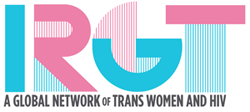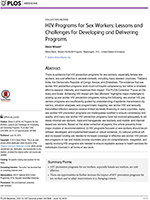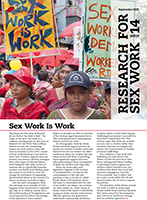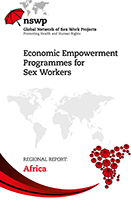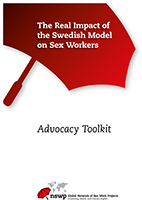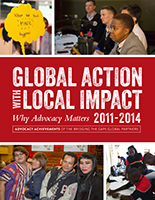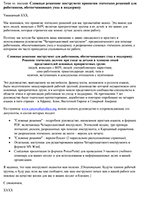
HIV programmes focused on sex workers should be prioritised, developed and implemented based on robust evidence.
National political will and increased funding are needed to increase coverage of effective sex worker HIV prevention programmes in low- and middle-income countries.
Comprehensive, integrated and rapidly evolving HIV programmes are needed to ensure equitable access to health services for individuals involved in all forms of sex work.
